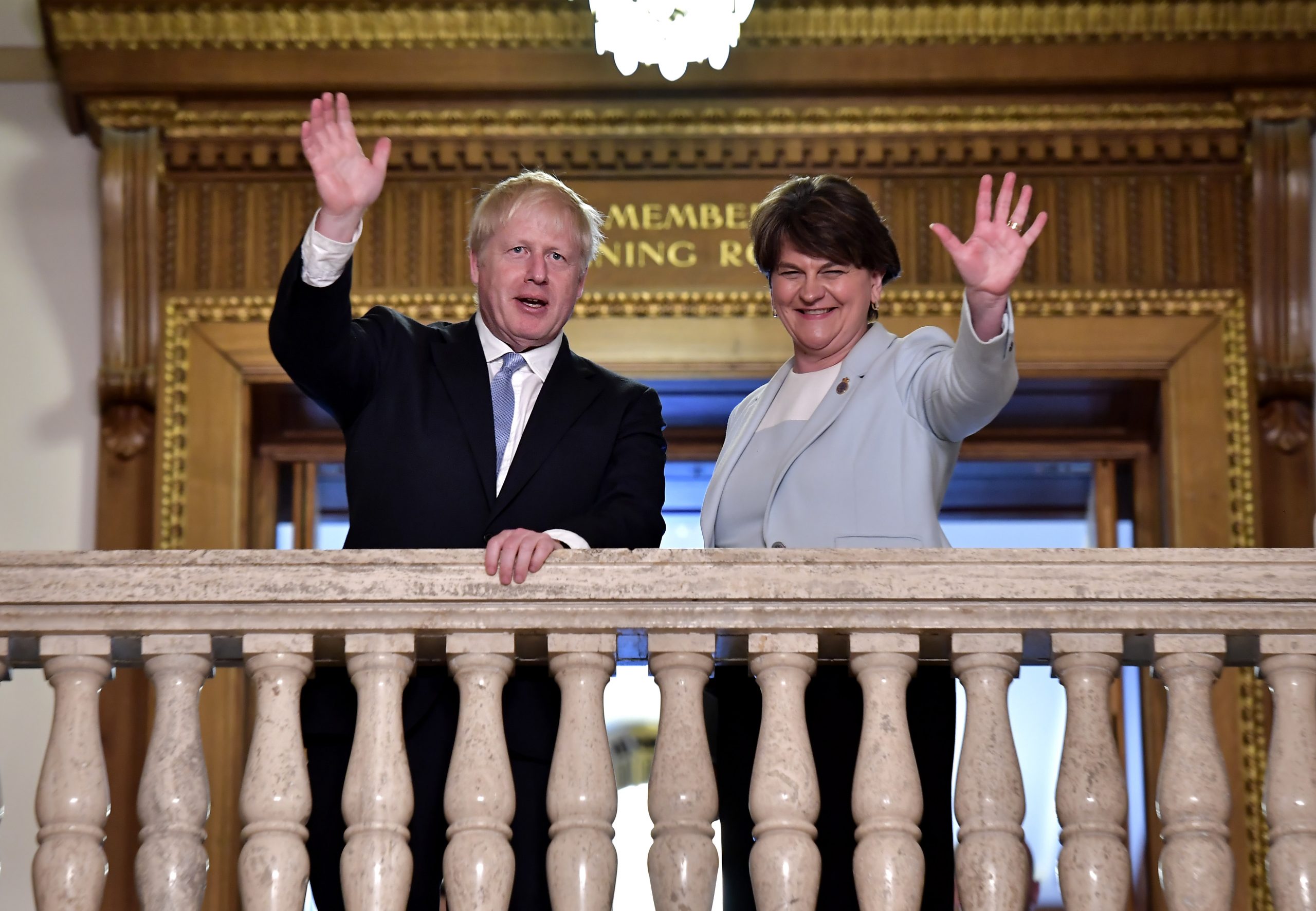
Deal off? A day of Downing Street meetings with the government’s main power players on the front and backbenches has ended in a frosty statement from the DUP, in which they have said that “gaps remain” and “further work is required” before a EU-UK deal can command their support.
It is a blow to the government after meetings with Steve Baker, the head of the European Research Group, and with other prominent Brexiteers, ended in smiles and a sense that a deal acceptable to the breadth of the Conservative party was in sight, but not a surprising one.
The policy problem of the Irish border is clear: for essentially most of the last century, whether before the two nations joined the European Economic Community or as members of the European Union, successive British and Irish governments have maintained a degree of regulatory alignment in order to facilitate the creation and maintenance of an open, demilitarised border between the two nations.
Now that the United Kingdom is leaving the European Union, that regulatory alignment needs to be secured in a different way. It is difficult to see a situation where it becomes politically survivable for any Irish government, no matter which party is in office, to sign a deal which creates a hard border on the island of Ireland, so there can be no withdrawal agreement or free trade deal with the European Union without a solution to that problem.
One possible solution is for the whole of the United Kingdom to remain within the customs and regulatory orbit of the European Union, but for the Conservative Party, the point of leaving the European Union is the freedom to diverge from the rules of the EU. So that option is a non-starter.
The other solution is to put a regulatory and customs border in the Irish Sea – the EU’s preferred way forward, but one negotiated away by Theresa May. Boris Johnson’s diplomatic breakthrough came because he signalled that he was willing to adopt that as a baseline for a new deal. This deal would allow the rest of the United Kingdom to diverge from EU rules but is unacceptable to the DUP because it means that decisions about Northern Ireland’s future would be made not in Northern Ireland or Westminster but elsewhere. In addition, the DUP faces challenges from other unionist parties and has already taken a big risk by supporting Johnson’s now-mothballed customs plans.
Much of the press and the Conservative Party occasionally goes through bouts of wilfully ignoring this problem but that doesn’t mean it has gone away: fundamentally the Tory party and its coalition partner have divergent Brexit objectives and they cannot be met through a Brexit accord that is acceptable to the Irish government and as a result to the rest of the European Union.
The only negotiated way out of the European Union in this parliament is to get enough Labour support to make up the difference but it is very difficult to make the numbers add up. So resolving Brexit means another election – and hoping, if you are Boris Johnson, that another election doesn’t simply land you back with another hung parliament.




